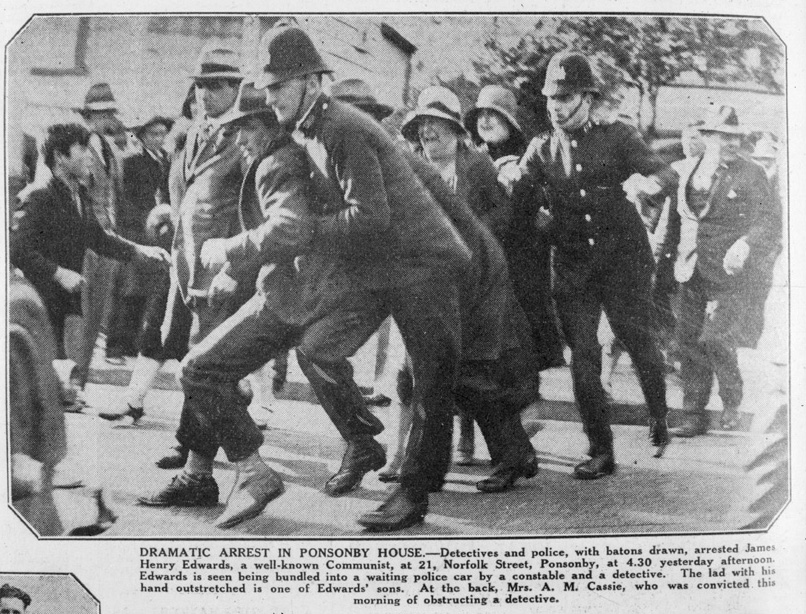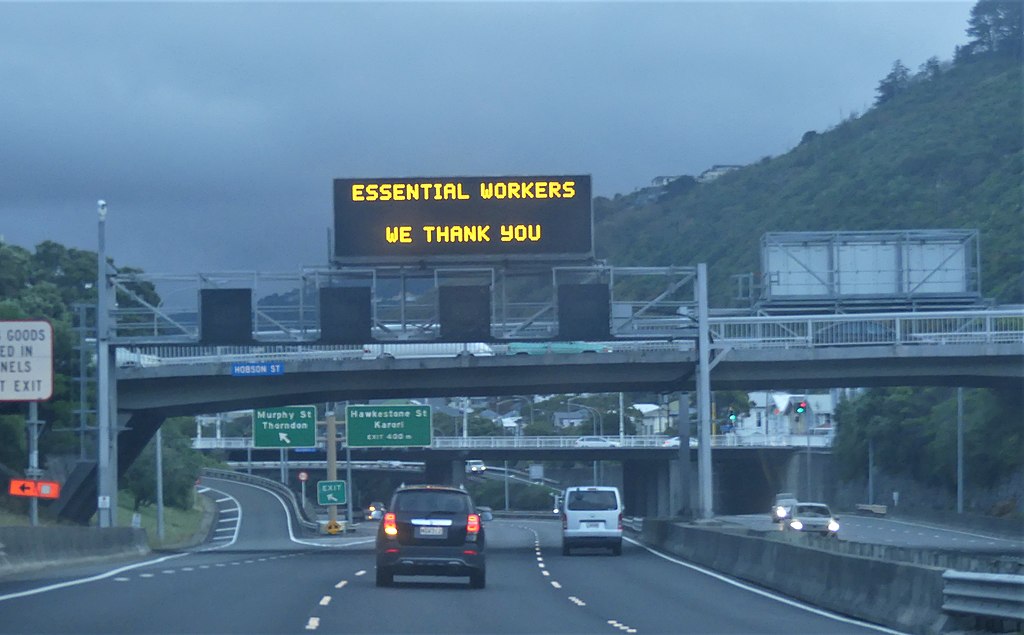During last year’s election campaign Labour seemed to be the party that offered pay equity and a boost to health spending. Nurses, health care assistants and midwives, working in unbearable conditions under National’s cutbacks, took Labour at its word. In November the ordinary member of the New Zealand Nurses Organisation voted down a collective agreement, recommended to them by their negotiating team, which gave just 2 percent pay rises. In March the membership voted down another deal that gave 2 percent increases. Then in early April health workers showed an unmistakable spirit to fight for the radical uplift to public health services that they and the public need. As health workers rallied outside hospitals the general public enthusiastically tooted its support for the cause.
The Ardern government was facing its sternest test yet from its natural supporters. A radical increase in pay and staffing levels in the DHBs would require a loosening of Labours’ and the Green’s compact, the Budget Responsibility Rules, to hold public spending in check. From the Labour-led coalition’s point of view, to concede to the health workers would open the floodgates to pay demands and risk losing the confidence of the capitalist class that the government parties so crave. When it comes down to it, Labour believes in a market-dominated economy.
With the health workers threatening to strike, the government was in a hole. But Labour has managed to pull off one of the oldest escape tricks in the book. To stymie the momentum of health worker militancy it offered a so-called independent panel to mediate a settlement. The NZNO high-ups willingly fell into the elephant trap.
The panel chair will be Margaret Wilson, former Labour MP, Attorney-General, Speaker of the House, Director of the Reserve Bank, and currently a Professor of Law. The other panel members are: Geoff Annals, the chief executive of Accuro Health Insurance and a former NZNO chief executive; and Julie Patterson, former CEO of Whanganui DHB.
Health workers will have plenty of time to cool down. The panel will meet for the first time next week and then take 4 weeks to receive submissions from the Union and the DHBs. The final recommendations from the panel will be made in mid-May and only then will the DHBs make a revised offer to NZNO. It is possible that the threat of industrial action will prompt the panel, and the government behind the scenes, to prod the DHBs to up their pay offer, but a major breakthrough in pay and staffing levels is unlikely to come out of the panel process.
Only strike action will force Labour’s hand to radically increase the DHBs’ budgets. In case the membership are not satisfied with the panel outcome, the NZNO will start an industrial action ballot on 23 April. Helpfully, the NZNO has told the DHBs what the action will be: two 24 hour strikes in early July. Could the process be dragged out any longer? The clear danger is that the delays will dissipate the current energy for action, but let’s hope not.









